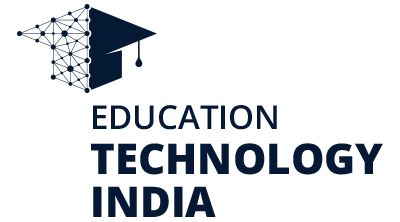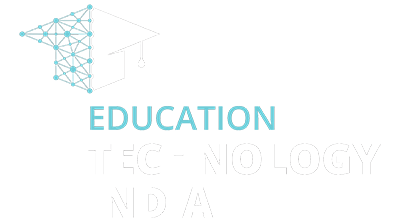“Big data” encapsulates the vast expanse of information available online as internet accessibility grows, greatly impacting educational organizations and policymakers since 2020. UNESCO underscores the pivotal role of technology, with six out of the ten targets on education emphasizing its significance in achieving Sustainable Development Goal 4. Dr. David Moinina Sengeh, the Chief Minister and Chief Innovation Officer of Sierra Leone, highlights the potential of education data in guiding policy decisions for improvement. Despite the transformative influence of big data on global education, African governments and educational institutions are still in the early stages of grasping its potential, lagging in data collection and analytics. The recent Mastercard Foundation EdTech Mondays Africa session delved into leveraging big data to enhance educational outcomes across the continent, with insights from Chinedu Anarado, a Communications Specialist at the Association for the Development of Education in Africa (ADEA), and Ciku Mbugua, an Innovation Manager at Brink and Country Lead at EdTech Hub (Kenya). Chinedu Anarado defines big data in education as vast volumes of structured or unstructured data stemming from various educational activities, including audio, video, and other daily teaching and learning components. Ciku Mbugua emphasizes the importance of understanding the purpose behind collecting big data, urging educators and authorities to consider the desired state of the education system in terms of quality and equity. Addressing these questions, she believes, can help identify and bridge gaps in education, ensuring students receive support before reaching the summative stage where intervention becomes challenging.
Joshua Chijioke, a seasoned tech entrepreneur leading business development at MTN Chenosis in Nigeria, emphasizes the importance of utilizing meaningful education data to modernize outdated curricula in African schools. He believes that integrating such data into basic learning can equip African learners with vital data analysis skills, aligning them with global education standards.
Despite this potential, data in many African countries remains fragmented and challenging to access due to inadequate local infrastructure. Nonetheless, governmental authorities could leverage this data to identify and address social disparities in education.
Luke Stannard, a Senior Education Advisor at Save the Children, underscores the role of data in understanding why marginalized communities might not engage adequately with education. He asserts that data empowers organizations advocating for child rights to hold governments accountable and track areas where students are struggling.
Moreover, EdTech startups in nations like Nigeria are pioneering support systems leveraging technology to tackle educational challenges. EduTAMS, for instance, offers an integrated cloud-based solution automating education processes in Nigerian schools. It facilitates seamless data collection for interactive learning, providing educators with real-time analytics on enrolment, payments, and student performance across divisions. This platform, among 36 others, was accelerated in 2023 under the Mastercard Foundation EdTech Fellowship, aimed at nurturing promising African EdTech ventures in collaboration with Co-Creation Hub, Injini, and iHub.
EduTAMS and similar solutions underscore the potential of data within the education sector.
In summary, although big data poses challenges such as infrastructure limitations, resource constraints, and privacy issues, its benefits outweigh the drawbacks. Governments must prioritize enhancing data protection measures and strive for complete inclusivity, shifting the focus from equality to equity.
Source: CNBC Africa






